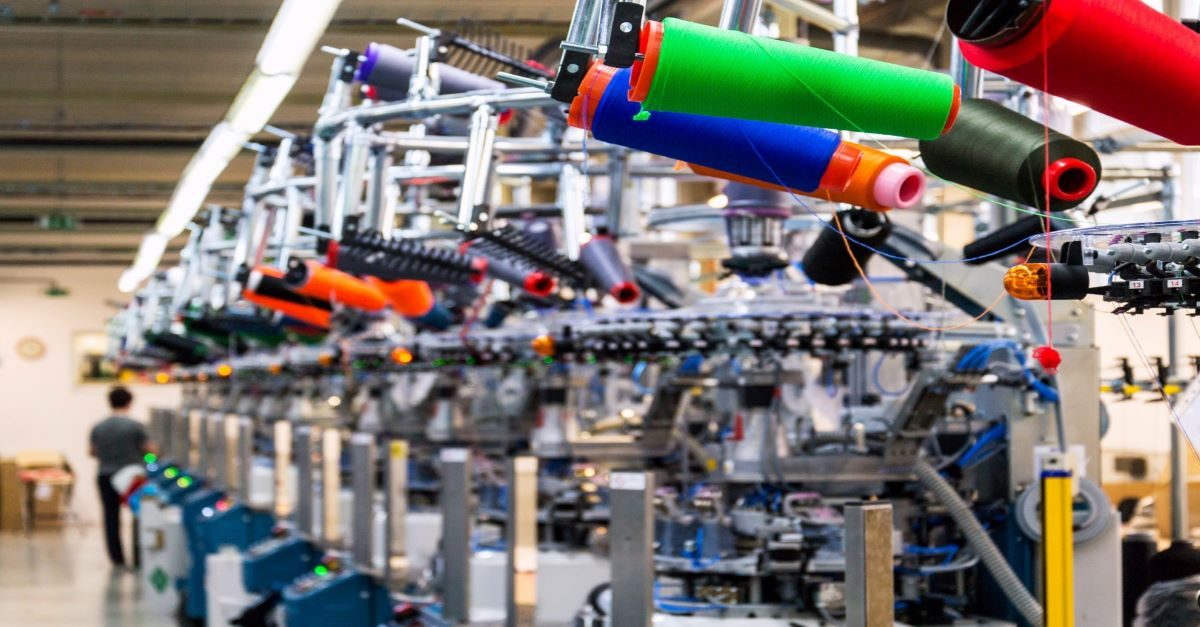
Polyvinyl alcohol (PVA) is a synthetic polymer noted for its water solubility. It’s derived from the chemical breakdown of polyvinyl acetate through water, or a process called hydrolysis. Due to being water-soluble, it’s considered an environment-friendly compound, useful across various industries.
Polyvinyl alcohol is present in most consumer goods today. It’s a valuable compound used by different industries to enhance their products’ quality, function, and efficacy. These significant improvements revolutionise production and consumption.
That said, here are six industrial applications of polyvinyl alcohol.
Eco-Friendly Packaging
Since the rise of the green revolution, many companies worldwide have been participating in this movement. One of the steps to take is to switch to eco-friendly packaging. However, the traditional shift from plastic to paper isn’t practical for all industries. Therefore, they need an alternative that’s more durable than plastic yet can be biodegradable.
Trusted polyvinyl alcohol suppliers provide different PVA grades and products for specific applications. There are polyvinyl alcohol copolymers used for manufacturing food-safe, biodegradable, and solvent-resistant packaging. This type is more durable than the typical polymer plastic due to its enhanced adhesion and flexibility.
Moreover, polyvinyl alcohol creates an odour barrier for various packaging options. It helps keep products safe from environmental exposure. It’s also used in cling wraps for keeping produce and other perishable goods safe and fresh.
Papermaking
Polyvinyl alcohol is a chemical compound that binds and creates a protective layer for various materials. In papermaking, PVA is a more robust and reliable alternative to starch. Despite being water soluble, it enhances the quality and durability of paper.
PVA improves the absorption of water-based ink on inkjet paper. The ink penetrates through the paper’s surface and locks in colours without bleeding. The same is true for producing coloured and construction papers. A specific amount of polyvinyl alcohol is combined with the pigment. The dye adheres better and appears more vibrant.
Furthermore, PVA is used for bonding multi-ply paper boards. Compared to starch, it creates a stronger bond, keeping the layers intact. It’s also resistant to oil and grease.
Textile Production
The textile industry has never stopped growing in the past decades. With the continuously increasing demand for clothing and apparel, manufacturers must keep up with quantity and quality. Therefore, there’s a need for more durable materials suited for fast production.
Warp sizing is one of the textile industry’s most valuable applications of polyvinyl alcohol. It is a protective coat on yarns, minimising breakage during weaving operation. It prepares the yarn for fast machine weaving while lessening the risk of shrinkage. Moreover, it makes the finished textile abrasion resistant and enhances elasticity.
Aside from durability, PVA also improves crocking ratings. It enables strong colour adhesion on the textile, eliminating bleeding. Its colour fastness is necessary for a wide range of textile products for clothing, bedding, and more.
Building And Construction
The construction industry is constantly developing products that enhance the quality of commercial and residential structures. Over the decades, there have been changes in building codes in different regions due to raising the standards in materials.
Polyvinyl alcohol is one of the compounds responsible for making huge improvements in construction materials. It’s in everyday home repair products like adhesives, caulks, and sealants. PVA provides a solid binding capability, suitable for waterproofing products.
In addition, PVA is used in producing mortar, cement, drywall mud, and grout. It makes these products easier to spread and allows sanding when dried. It’s also helpful in creating a slip-resistant layer for a wide range of flooring materials and synthetic wood, significantly contributing to building safer spaces.
Personal Care And Household Products
There are specific polyvinyl alcohol grades used for manufacturing personal care and household products. PVA is present in daily consumer goods that improve personal hygiene and the safety of every home.
Polyvinyl alcohol advances the delivery of active ingredients in various skincare products like moisturizers and cleansers. It improves the efficacy of each ingredient by enabling fast penetration through the skin without causing allergies or irritation. It’s also a binding property for peel-off masks and hair dye and promotes stronger adhesion for tight-grip makeups.
Aside from haircare, skincare, and cosmetics, PVA is also useful for household cleaning products. The laundry pods growing in popularity are encapsulated in a water-soluble film made with PVA. It also helps lock in fragrance and enables a high concentration of active agents.
Biomedical
One of the most notable applications of polyvinyl alcohol is in the biomedical industry. Improving life and health is one of the top priorities in biomedical research. It involves testing new compounds to create valuable medical tools and products.
Polyvinyl alcohol is used in producing various biomedical items like contact lenses, wound dressing, and surgical threads. Researchers are also finding ways to utilize PVA in creating artificial organs.
In addition, PVA is widely-used producing pills. The water-soluble capsule keeps the drug intact and delivers it to the body safely and quickly. PVA also helps targeted drug delivery by enhancing the solubility of certain medications. This property improves medicine efficacy.
Conclusion
Polyvinyl alcohol is a valuable compound with a wide range of applications. Most of its uses directly improve the quality of human life. On top of that, it’s an environmentally friendly chemical, helpful in reducing the impact of several industries.

